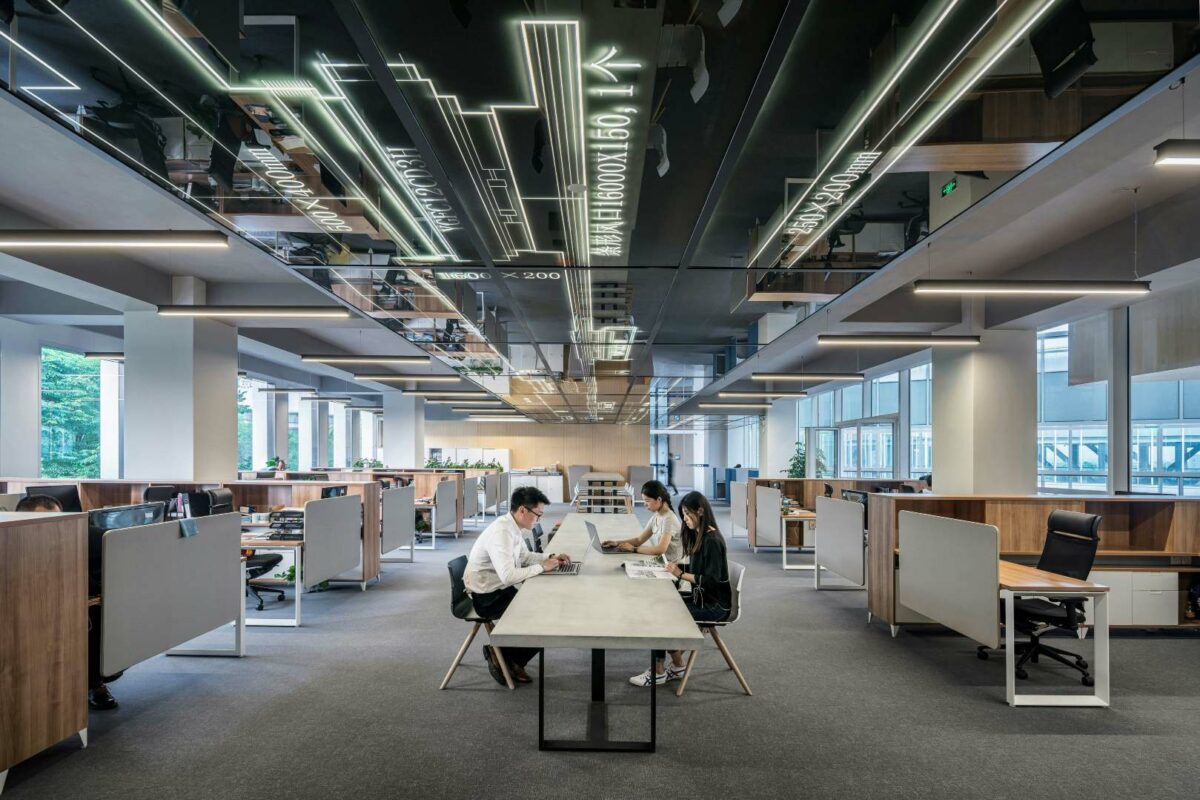It has been over two years since the pandemic led to a large section of the population working from home. However, with the easing of COVID restrictions, the anticipated rush to return to the office has not materialised. Although there has been a general inclination to return after prolonged periods of working in isolation, COVID’s lingering nature, its many variants, and general uncertainty about whether a return to the office is really needed, has led to wide-spread inertia.
The return to offices has been patchy, despite the Government’s efforts to convince the population that it is safe to resume normal working patterns as part of its ‘living with Covid’ strategy. London in comparison to other world capitals has been hit harder with attendance in offices down a staggering 30% and nearly a quarter of British workers would rather quit or find a new job than go back to the office.
Continuing high levels of infection have been one important influencing factor. It is also crucial to understand that, while businesses are actively encouraging employees to return to the office, there is a significant minority who remain wary of returning. There are many people who prefer working from home for much of the time, to avoid long commutes or to achieve a better work/life balance. But for many, there are continuing COVID worries, whether due to ongoing fears of infection for themselves or vulnerable relatives or an inability to get vaccinated.
The need for action before a potential Autumn surge
Despite a fall in the number of infections and, thankfully, levels of hospitalisations due to COVID, the number of people testing positive remain persistently high. The long-anticipated Employment Bill was set to offer clarity on flexible working rights and the return-to-office mandates. However, this was omitted from the Queen’s Speech so that leaves it to businesses themselves to determine how best to handle hybrid working or those who want to work from home on a more permanent basis.
It makes sense that employers should work to provide the reassurance that a return to work remains a safe environment, in the form of a comprehensive COVID prevention plan. In part, this will also enable them to be better prepared if, as many experts predict, there is a surge in cases around the Autumn.
Guard against Covid-19 with simple, practical measures
Employers can take a set of easy-to-adopt precautions to COVID-proof workspaces. Ideas like ensuring that only a certain number of people work from the office every day to maximise social distancing measures, modifying office seating arrangements to allow for more space between desks and colleagues, setting up multiple hygiene stations with hand sanitiser and wet wipes, disinfecting common areas throughout the day, and encouraging employees to wipe down any common equipment they are using, are some sensible precautions that can prevent rapid spread of the virus.
In truth, businesses face a choice: either they can retain some social distancing in their offices, mask wearing for those who want it and even increased ventilation where that is possible, though that means they are likely to use more office space for fewer people than pre pandemic; or they can have offices working as before but with a regular testing programme in place.
Can testing be a solution?
That is why many businesses continue to encourage paid-for tests before coming into work, or at the office. A well-rounded testing system enables employers to plan for multiple contingencies, including how to deal with individual or group outbreaks. It is important to demonstrate that employers are concerned about and are prepared to take action to secure everyone’s safety and wellbeing.
In addition, as there are no more free test kits funded by the Government, businesses must decide if they are going to provide free tests themselves to fill that void. With more than half of Londoners for example believing that regular self-testing formed part of the ‘new normal’, it seems likely that businesses that fund free testing are likely to get higher numbers of staff to return to the office.
Bespoke COVID-safe environments and protecting business travellers
Over the course of the pandemic, Cignpost Diagnostics has seen many businesses create COVID-safe environments and effectively guide employees through the chaos created by a constantly mutating virus. There is a definite value in instituting proactive measures to protect employees against the virus and businesses that have taken the initiative to protect employees have been observed to have maintained better business continuity.
Moreover, with international business travel on the rise, and with COVID-19 infections still prevalent across the globe, clarity in information around differing preventive measures will play a vital role in reassuring and protecting staff as they travel around the world. Businesses need to provide accurate and timely information, keeping on top of changing guidance, to ensure individuals can travel in a hassle-free manner.
Hybrid working is here to stay and so is focus on personal health
While there is much media discussion and speculation as to the benefits of hybrid working, most businesses will require their employees to return to offices at some point, for reasons of productivity, cohesion, and training. The pandemic has placed a long-overdue focus on people’s health and wellbeing. Responsible businesses can take the opportunity to implement a comprehensive COVID surveillance and prevention plan to help mitigate against future outbreaks. One side benefit of these kinds of arrangements is that, over time, it is likely to drive a wider shift toward businesses using more preventative diagnostic testing that could ultimately have a profound impact in improving health outcomes for their staff.
By Professor Denis Kinane, Immunologist and Founding Scientist at Cignpost Diagnostics

Content Team
Work in Mind is a content platform designed to give a voice to thinkers, businesses, journalists and regulatory bodies in the field of healthy buildings.




